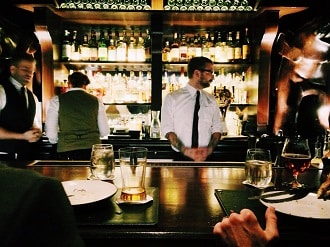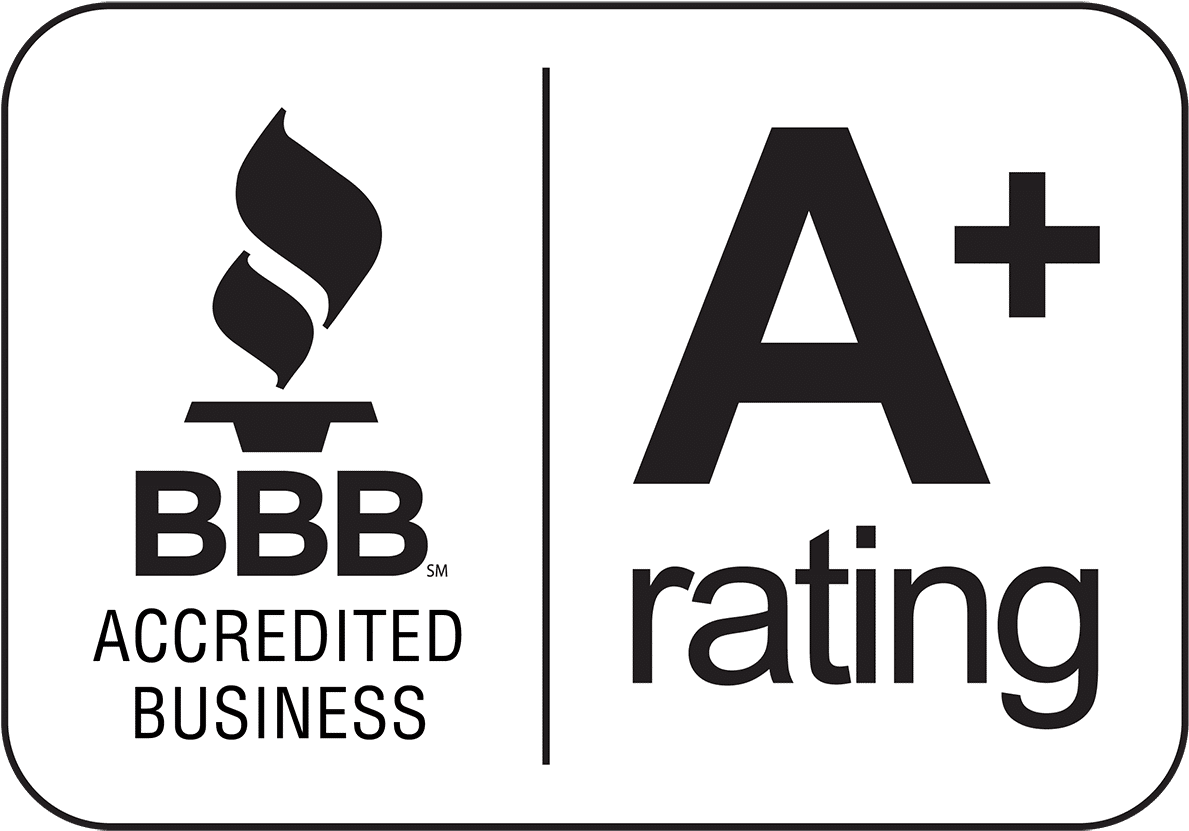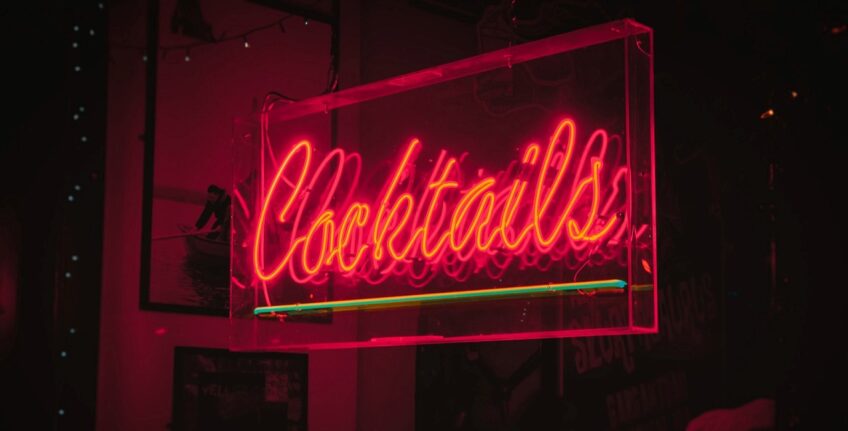Security staff for alcohol-serving establishments has many tasks. Whether it’s checking identification, dealing with issues such as harassment, or possible patron’s impairment. The staff’s duty is to control patrons while on the premises. It is essential to realize that staying open later inherits a prominent need for responsibility with greater controls and education.
Having late operating hours means your establishment may be the last of many that a patron has visited or that you may experience a higher rate of patrons who are already possibly impaired and want to enter. Here are some considerations.
SCAB Check
A SCAB or Speech, Coordination, Appearance, and Behavior check is used during the carding process to assess late-night customers entering an alcohol-serving establishment. This will help you look for evidence of any previous drinking and potential impairment. Since the patron may have possibly come from a different alcohol-serving establishment, it’s crucial to make sure continued alcohol consumption doesn’t become an issue. Bar hopping can mean that the last establishment may be liable even if the individual has been drinking at multiple establishments all day.
Using SCAB, patron checks should be ongoing and continual.
Reduced Drink Specials
Drink specials may be illegal in your state. Check your state and local ordinances to see if they are allowed. If they are, be sure to have staff observe them continuously. No one should be allowed back to the bar to purchase more drinks if they are visibly intoxicated.
Compliance/Persuasion Interventions
Staff must be trained to ask patrons for compliance or persuade them instead of using force. It would be best to always ask the patron to comply. Explain what is happening and why. Be polite and smile.
House Policy
The establishment should have well-defined house policies regarding alcohol and hold all employees to the same standard. Always remember that house policies can be stricter than state laws and city ordinances.
Examples of late-night establishment standard house policies include:
- The highly regulated frequency of staff scanning the establishment.
- The manager’s availability to assist staff with drinking events that require a higher degree of control.
- No drinking on the job for employees
- A script of Common Intervention Responses
- A manager always assists patrons who pose a risk.
Remember, it’s always possible for late-night establishments to have a safe, controlled, and observed establishment. It just takes knowledge, diligence, and manners. Universal respect can mean addressing a patron’s unwanted behaviors and actions is easier in the long run. There is no price to pay when safety is involved.
For more tips and tricks on security at your establishment, please consider enrolling in one of our courses at servingalcohol.com.</p











Leave a Reply
You must be logged in to post a comment.